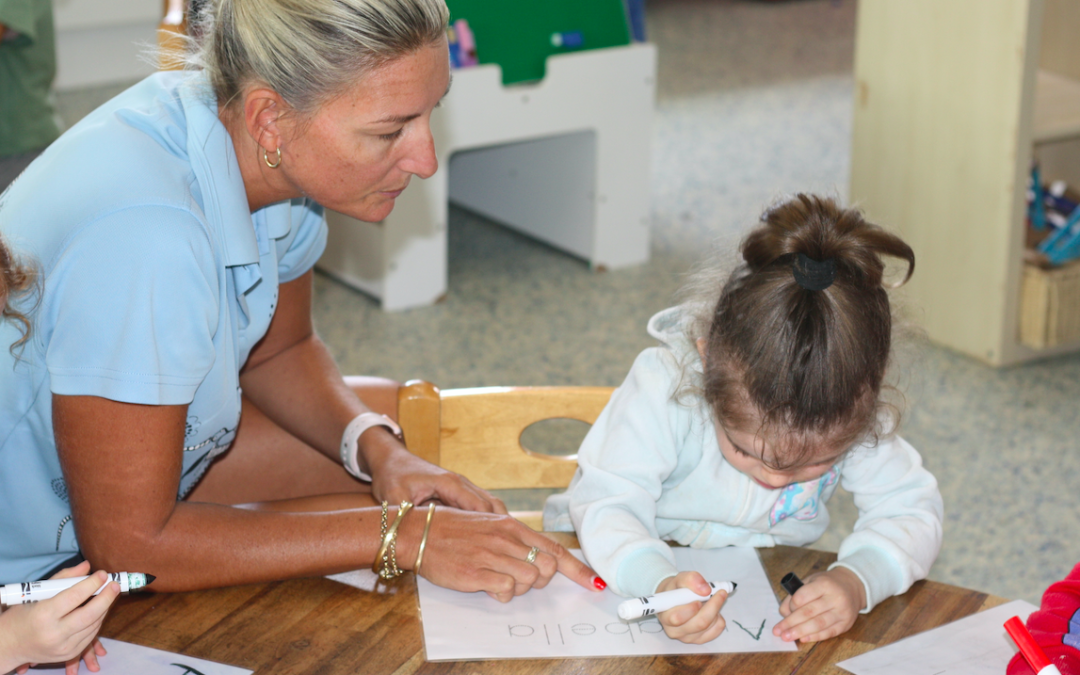C.Samosa-Milne
The journey of education begins long before a child steps into a classroom. School readiness is a crucial foundation that sets the stage for a child’s academic and social success. As parents, educators, and caregivers, our role is pivotal in preparing young learners for the exciting adventure of formal education. In this blog post, we’ll explore the key aspects of school readiness and provide insights into fostering a nurturing environment that promotes holistic development.
- Cognitive Development: School readiness encompasses cognitive skills that form the basis for learning. Encouraging activities that stimulate curiosity, problem-solving, and critical thinking can significantly contribute to a child’s cognitive development. Simple activities such as reading together, solving puzzles, and playing educational games can lay the groundwork for academic success.
- Social and Emotional Skills: Emotional intelligence and social skills are integral components of school readiness. Children need to learn how to navigate their emotions, communicate effectively, and develop positive relationships with peers and adults. Encouraging empathy, teaching conflict resolution, and fostering a sense of belonging contribute to a child’s emotional well-being, enhancing their readiness for the social dynamics of school life.
- Language and Communication: Language proficiency is a cornerstone of academic success. Parents and caregivers can support language development by engaging in conversations, reading aloud, and exposing children to a rich vocabulary. A strong foundation in language equips children with the tools they need to express themselves, understand instructions, and participate actively in classroom discussions.
- Motor Skills: Fine and gross motor skills are essential for a child’s ability to engage in various activities at school. From holding a pencil to participating in physical education, developing motor skills is crucial. Incorporating activities like drawing, coloring, and outdoor play can enhance a child’s coordination and dexterity.
- Independence and Self-Care: School readiness also involves fostering independence and self-care skills. Encourage children to dress themselves, manage personal belongings, and follow routines. These skills not only prepare them for the responsibilities of the school day but also contribute to a sense of autonomy and confidence.
- Love for Learning: Instilling a love for learning is perhaps the most valuable gift we can give to young learners. Make learning enjoyable by exploring their interests, visiting museums, and engaging in hands-on activities. When children are excited about learning, they are more likely to approach school with enthusiasm and curiosity.
In preparing children for the journey of formal education, we must recognize that school readiness goes beyond academic skills. It encompasses a holistic approach that nurtures cognitive, social, emotional, and physical development. As parents, educators, and caregivers, our collaborative efforts create a supportive foundation that empowers young learners to thrive academically and socially. By prioritizing these building blocks for success, we lay the groundwork for a lifetime of curiosity, exploration, and educational achievement.
